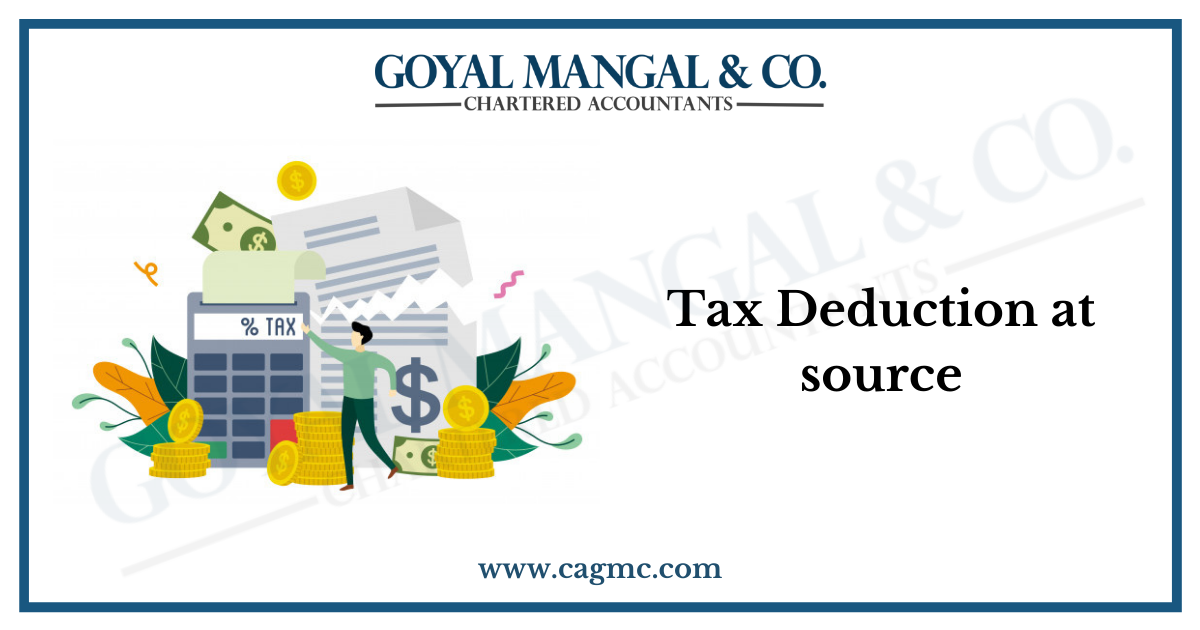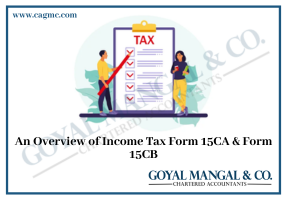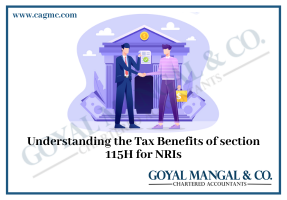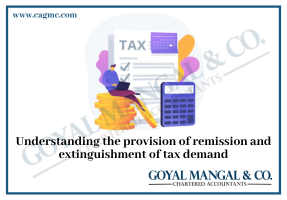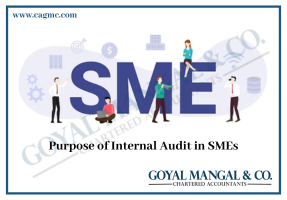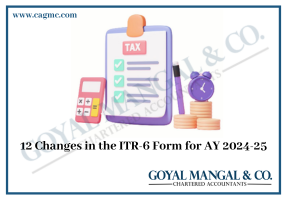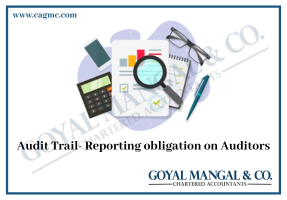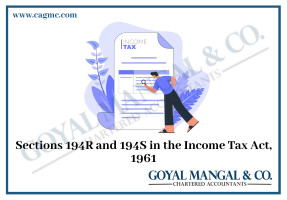TDS stands for ‘Tax Deducted at Source’. It was introduced to collect tax at the source from where an individual’s income is generated.
Concept of TDS-
The concept of TDS was introduced with an aim to collect tax from the very source of income. As per this concept, a person called deductor who is liable to make payment of specified nature to any other person called deductee shall deduct tax at source and remit the same into the account of the Central Government. The deductee from whose income tax has been deducted at source would be entitled to get credit of the amount so deducted on the basis of Form 26AS or TDS certificate issued by the deductor.
Rates for TDS
Taxes shall be deducted at the rates specified in the relevant provisions of the Act or the First Schedule to the Finance Act.
| Section | Nature of Payment | TDS Rate for Individual/ HUF (Indian Resident)(in %) |
| 192 | Salary payment | As per the income tax category |
| 193 | Interest on securities
a) Any debentures or securities for money issued by or on behalf of any local authority or a corporation established by a Central, State or Provincial Act; |
10 |
| 194A | Income by way of interest other than “Interest on securities | 10 |
| 194B | a) any debentures or securities for money issued by or on behalf of any local authority or a corporation established by a Central, State or Provincial Act; | 30 |
| 194BB | b) any debentures issued by a company where such debentures are listed on a recognized stock exchange in accordance with the Securities Contracts (Regulation) Act, 1956 (42 of 1956) and any rules made there under; | 30 |
| 194D | Insurance commission | 5 |
| 194EE | Payment in respect of deposit under National Savings scheme (NSS) | 10 |
| 194G | Commission, etc., on sale of lottery tickets | 5 |
| 194H | Commission or brokerage | 5 |
| 194I | Rent
a) Plant & Machinery |
2
10 |
| 194IA | Payment on transfer of certain immovable property other than agricultural land | 1 |
| 194IB | Payment of rent by individual or HUF not liable to tax audit
Note: This provision is applicable from June 1, 2017 |
5 |
| 194J | Any sum paid by way of
a) Fee for professional services, |
10 |
| 194M | Payment made to professional or commission or brokerage of Rs 50lakh and above | 5 |
| 194N | Cash withdrawal exceeding Rs 1crore | 2 |
Due Dates of Payment
The due date for each TDS payment is the 7th of the month following the month in which you have made the deduction. After making payment, you have to file a TDS return. The due date for each TDS return is the last day of the month following the quarter in which TDS has been paid (except for the Jan-March quarter). Have a look at the table below.
| Quarter | TDS payment date | TDS Return date |
| Jan-March | 7th Feb, 7th March, 30th April | 31st May |
| April-June | 7th May, 7th June, 7th July | 31st July |
| July-September | 7th August, 7th, September, 7th October | 31st October |
| October – December | 7th November, 7th December, 7th January | 31st January |
How to pay Tax Deducted/Collected at source?
Tax deducted or collected at source shall be deposited to the credit of the Central Government by following modes:
- Electronic mode: E-Payment is mandatory for:
- All corporate assesses; and
- All assesses (other than company) to whom provisions of section 44AB of the Income Tax Act, 1961 are applicable.
- Physical Mode: By furnishing the Challan 281 in the authorized bank branch
How to avoid TDS
If a person believes that his total income in a financial year will be below the exemption limit, he can ask the payer not to deduct TDS by submitting Form 15G/15H.
While receiving payment which is subject to TDS, deductee is required to provide his PAN details to avoid tax deduction at the higher rates.
How to check if TDS is deposited with the government
Once the TDS is deposited with the government by the deductor, then the TDS amount deposited will be reflected in your Form 26AS. Further, the deductor is required to issue you a TDS certificate.
What will happen when the deductor fails to deposit the TDS with the IT department?
When your employer has not paid the TDS to the income tax department, the TDS would not be available against your PAN in your Form 26AS. You cannot take a tax credit of the TDS while filing your income tax return.
Penalty for non deposit of TDS
Case I: Under section 234E
Deductor will be liable to pay the way of fee Rs.200 per day till the failure to pay TDS continues. However, the penalty should not exceed the amount of TDS for which statement was required to be filed.
Case II: Under section 271H
Assessing officer may direct a person who fails to file the statement of TDS within due date to pay penalty minimum of Rs.10000 which may be extended to Rs.100000.
NOTE: Penalty under section 271H is in addition to Penalty under section 234E This section will also cover the cases of incorrect filing of TDS return.
Penalty on companies for not depositing or not deducting TDS on time
| Default under section | Nature of Default | Interest on such default | Period of interest payment |
| 201A | Non-deduction of TDS, either in whole or part | 1% Per month | From the date on which the tax was to be deducted to the actual date of deduction |
| Non-payment of TDS (after deduction) | 1.5% Per month | From the date of deduction to date of actual payment |
Penalty for companies that delay TDS returns
TDS returns must be filed once every quarter to the department. The due date to file such returns is one month from the end of a quarter. However, the due date for the quarter ending on 31 March is 31 May. So, you can check Form 26AS regularly from the due date so that the latest transaction will be updated on records..
If you have solid proof about your employer not depositing the taxes deducted, it is best to bring this to your employer’s notice before taking further steps. If your employer does not respond even after repeated requests, you can take action by filing a written complaint to your assessing officer.
TDS Refund
If excess tax is deducted, you will have to claim a refund in your income tax return. For most individuals the return has t
